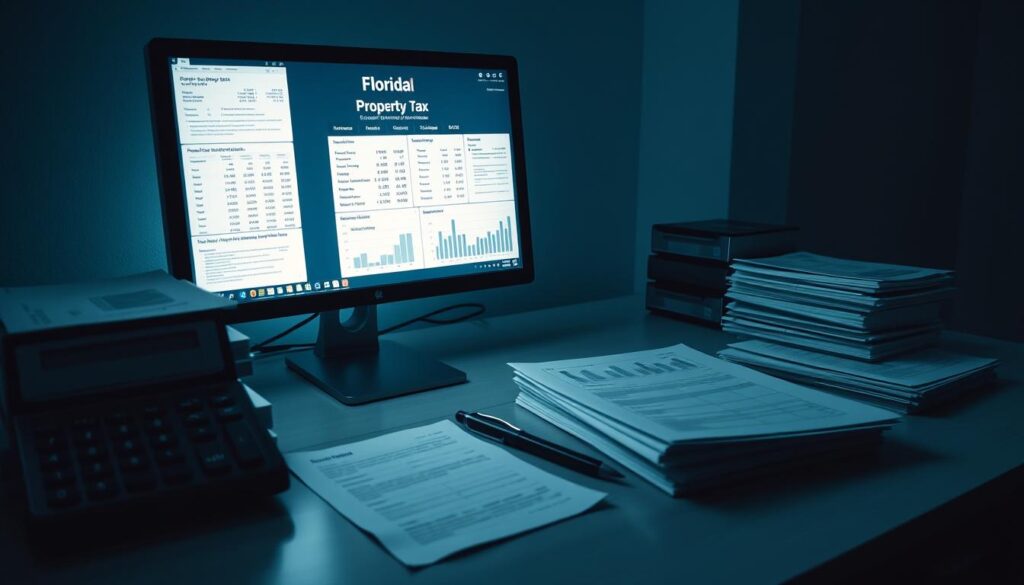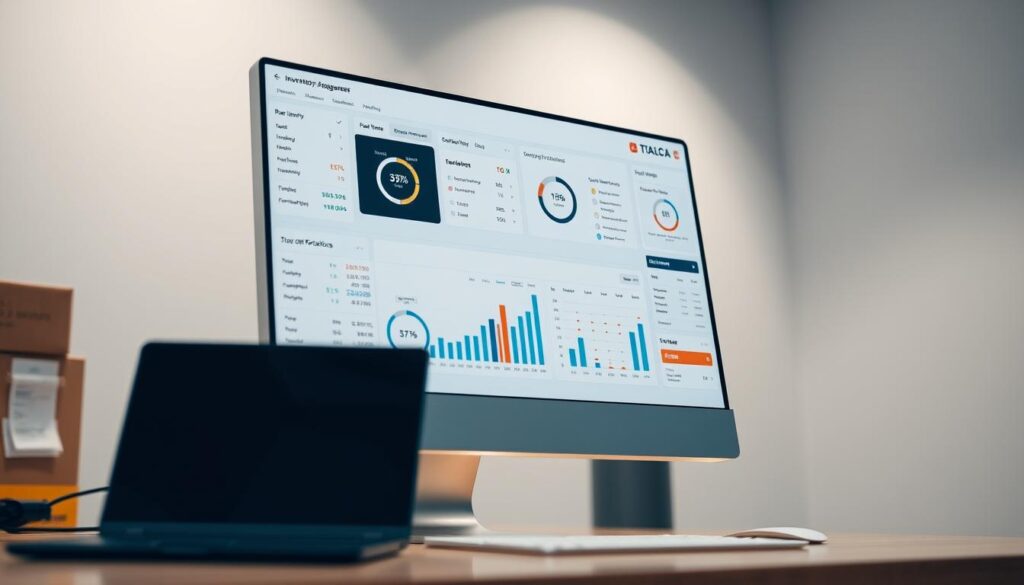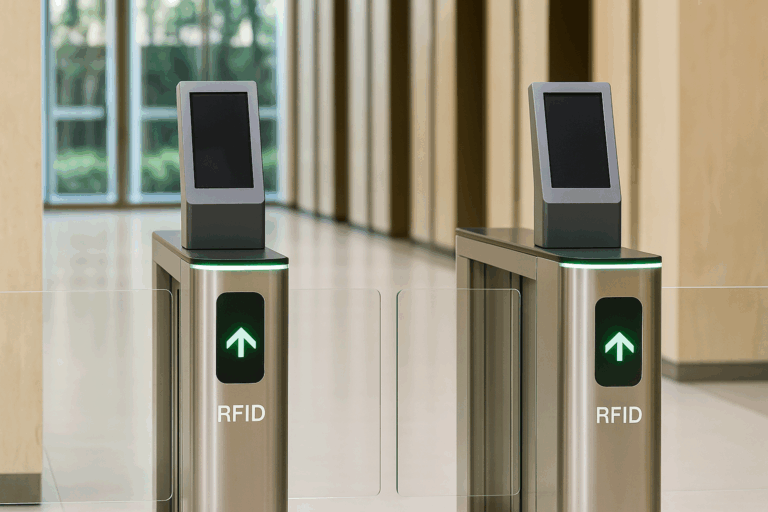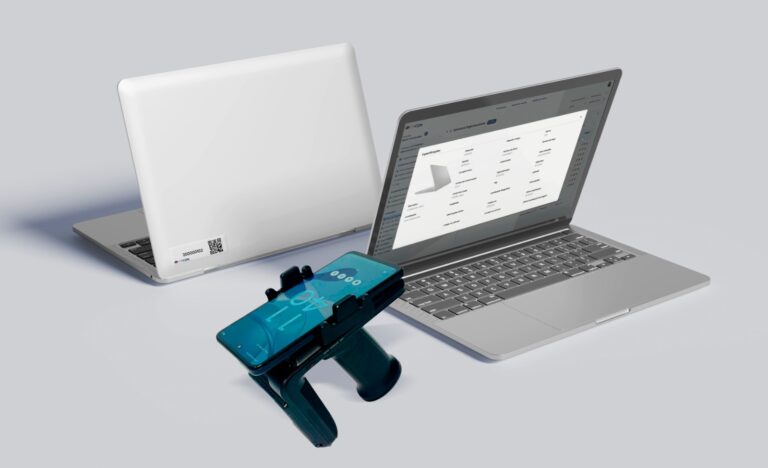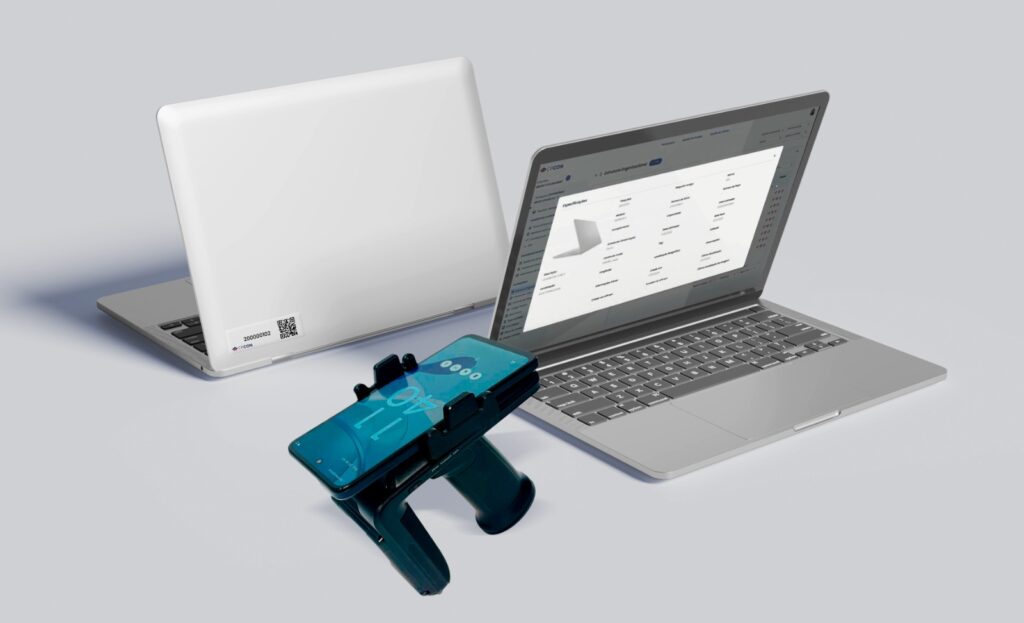Are you a business owner in Florida? Ensuring compliance with Florida’s personal property tax is critical, and it starts with mastering physical inventory, tagging, and appraisal of fixed assets. These practices are interconnected and essential for accurate reporting, tax optimization, and avoiding costly penalties. In this guide, we’ll explore how these elements work together to keep your business compliant with Florida’s tangible personal property (TPP) tax requirements.
Table of Contents
ToggleWhat is Florida’s Personal Property Tax?
Florida’s tangible personal property tax applies to movable business assets like furniture, fixtures, and equipment—not real estate. Businesses must file an annual return by April 1st, reporting the value of these assets as of January 1st. Proper asset management ensures you meet this deadline and avoid penalties.
For a deeper dive into the tax, check out our Florida Personal Property Tax Guide.
Why Physical Inventory Matters for Tax Compliance
Physical inventory is the process of counting and verifying all tangible assets your business owns or uses—including leased or rented equipment. It’s the foundation of accurate tax reporting.
- Key Benefit: Ensures all assets are accounted for, preventing underreporting that could trigger penalties of up to 25% of the tax due.
- Pro Tip: Conduct regular inventories to keep your asset list current.
An up-to-date physical inventory is your first step to TPP tax compliance.
How Tagging Assets Boosts Reporting Accuracy
Tagging involves labeling assets with unique identifiers to track them effectively. While not required by law, it’s a game-changer for tax season.
- Key Benefit: Prevents omissions in your tax return, especially for assets across multiple locations or leased equipment.
- Pro Tip: Use a consistent tagging system to simplify inventory checks.
Tagging ensures every asset is reported, reducing the risk of errors and penalties.
Appraisal of Fixed Assets: Valuing Your Property Correctly
Appraisal determines the taxable value of your assets, directly affecting your tax bill. Florida uses standardized depreciation tables based on original cost, age, and condition.
- Key Benefit: Accurate appraisals prevent overpaying or underpaying taxes—overreporting increases costs, while underreporting risks penalties.
- How It Works: The Florida Department of Revenue provides schedules to calculate residual value.
Learn more about asset valuation methods to ensure your appraisals align with state guidelines
Claiming the $25,000 Exemption
Florida offers a $25,000 exemption on the assessed value of tangible personal property—but you must file a return to claim it. Even if your assets fall below this threshold, filing may be required to secure a waiver.
- Key Benefit: Reduces your tax liability if your assets qualify.
- Pro Tip: Annual appraisals confirm eligibility for this exemption.
Proper inventory and valuation are critical to maximizing this tax break.
Penalties for Non-Compliance
Failing to file or submitting an inaccurate return can lead to steep consequences:
● Late Filing: 5% penalty per month, up to 25% of the tax due.
● Omitted Property: 15% penalty for unreported assets.
● No Return Filed: 25% penalty per unfiled year.
These risks make physical inventory, tagging, and appraisal non-negotiable for compliance
Best Practices for Asset Management
Streamline your Florida personal property tax compliance with these tips:
- Conduct Annual Inventories: Keep your asset list accurate and current.
- Tag Every Asset: Simplify tracking and reporting with a labeling system.
- Document Purchases: Record original costs and dates for appraisal accuracy.
- Review Depreciation Schedules: Understand how values are calculated.
- File Early: Earn discounts (e.g., 4% in November, 3% in December) by submitting ahead of the April 1st deadline.
These habits save time, reduce taxes, and protect against penalties.
Take Control of Your Tax Compliance Today
Mastering physical inventory, tagging, and appraisal is the key to staying compliant with Florida’s personal property tax. These practices ensure accurate reporting, help you claim exemptions, and minimize your tax burden. Don’t let penalties catch you off guard—start optimizing your asset management now.
Ready to get started? Review your processes and prepare for the next filing deadline.
FAQ
What qualifies as tangible personal property in Florida?
It includes movable business assets like furniture, fixtures, and equipment. See what’s covered here.
Do I need to file if my assets are under ,000?
Yes, to claim the exemption. After one filing, you may qualify for a waiver if values stay low.
How are assets valued for tax purposes?
Florida uses depreciation tables based on cost, age, and condition. Explore valuation methods for details.
What’s the penalty for missing the filing deadline?
A 5% monthly penalty, up to 25% of the tax due—file by April 1st to avoid it.
How does tagging improve tax compliance?
It ensures all assets are tracked and reported, minimizing errors and penalties.



